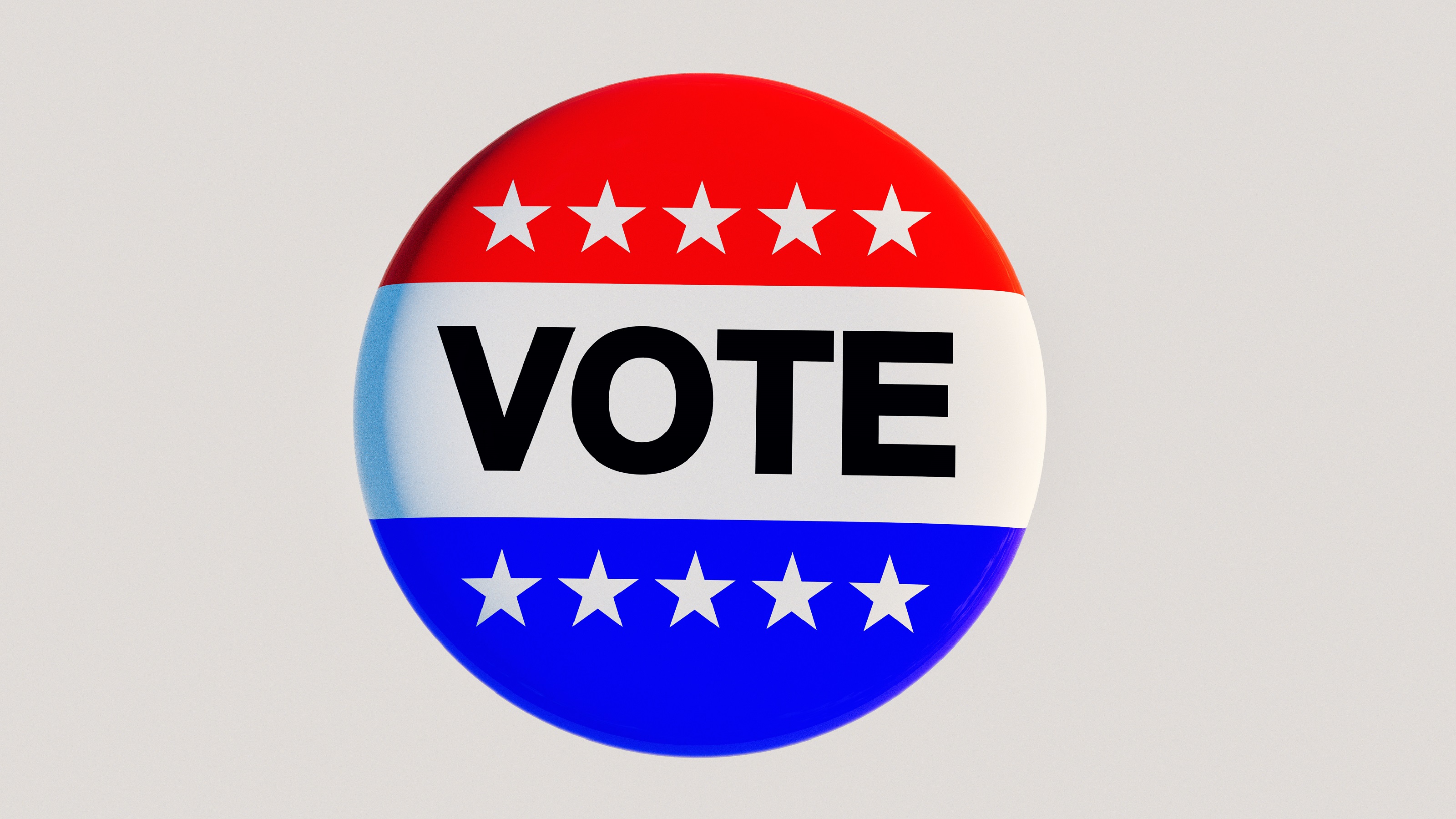
Elections can have a significant impact on markets, with President Joe Biden’s decision not to seek re-election adding to the complexity of managing investments in an election year. Tightly contested races for the presidency and both houses of Congress amplify already-elevated uncertainty about the outlook for markets. The following five tips may be helpful for investors seeking help in navigating election-year markets:
1. Cashing out of the market is usually a bad idea.
It can be tempting to sell stocks and move to the sidelines until election results are finalized. Historically, giving in to that temptation has been unwise. The S&P 500 has generated positive returns in 20 of the 24 election years since the beginning of the index. The four negative returning years had little to do with the election cycle. Three of the four negative election-year return periods (1932, 2000 and 2008) were during recessions; the fourth was during World War II (1940).
2. Government policy can help or hurt sectors, but fundamentals still matter.
Energy policy is a clear area of distinction between both presidential candidates. A second Donald Trump administration is likely to be more friendly to domestic oil and gas production, with Kamala Harris more likely to favor additional spending on renewable energy.
Industrial companies may benefit under either party, as both candidates prioritize bringing manufacturing back to the United States. Taxes, regulation and subsidies can boost or hamper the fortunes of individual companies and sectors, but economic growth and business fundamentals are typically the dominant factors influencing the direction and magnitude of long-term performance. Well-run companies with strong demand for their products and services can typically overcome higher taxes or regulatory burdens; favorable government policy won’t typically be enough to rescue poorly run companies facing weak demand.
Kiplinger Advisor Collective is the premier criteria-based professional organization for personal finance advisors, managers, and executives. Learn more >
3. China will be a target of tariffs and trade restrictions regardless of the election outcome.
Both parties appear to be in competition to demonstrate toughness on China. Tariffs and trade restrictions targeting China are likely regardless of the election outcome. China has ample room to retaliate, creating elevated risk for multinational companies with substantial revenues from China as well as companies relying on China-based supply chains and resources. China is the dominant producer of rare earth materials used in electronics and pharmaceutical ingredients, one of many potential areas of vulnerability for the U.S. economy in a trade war.
4. Fed policy is not the only factor influencing interest rates.
The age of fiscal austerity may be over regardless of who wins. Globally, the bill is coming due after years of underinvestment or poorly executed investment in public services. Spending priorities between infrastructure, social services and defense could vary dramatically depending on the election results, but it appears unlikely that fiscal restraint will be a priority in the near future.
Although the Federal Reserve appears on the verge of easing interest rates, Fed policy has more influence over short-term rates than long-term rates. With debt and deficits likely to remain high under either party and the Fed reducing its footprint in the Treasury market, the government will need to find buyers for its debt. There is minimal risk of a government debt default, but the yield the government needs to offer to attract buyers may stay stubbornly above the levels we’ve seen since the 2008 financial crisis.
5. Don’t overreact to the tax proposals floated by the candidates.
Tax policy may be more influenced by control of Congress than by who wins the presidential election. Major changes in tax policy would require a clean sweep by one party, which is a possibility but not highly probable at this time. Congress will debate extending cuts enacted under the Tax Cuts and Jobs Act (TCJA) before their expiration at the end of 2025 in accordance with current law, with incremental modifications the likely scenario absent one party having control of the White House alongside a dominant majority in Congress.
Closing thoughts
Elections influence the direction of markets, but investors should resist the impulse to make major changes solely in response to the latest polls or policy pronouncements. Successful investors consider elections alongside a wide variety of factors that influence markets while staying focused on maintaining a sound long-term asset allocation and investment strategy.







